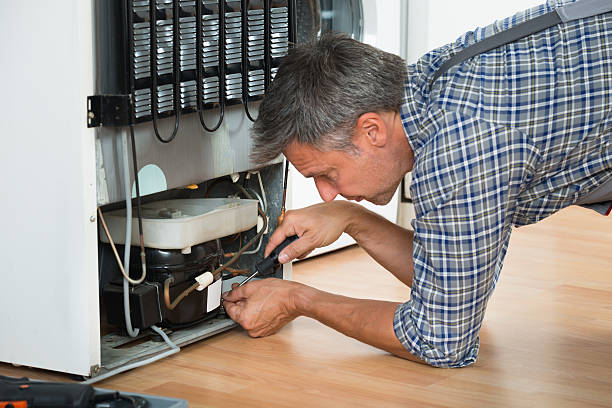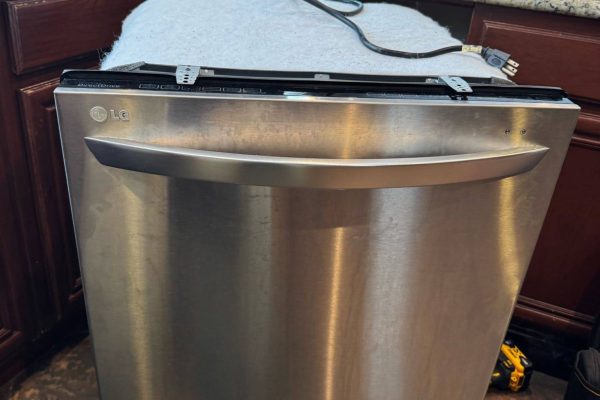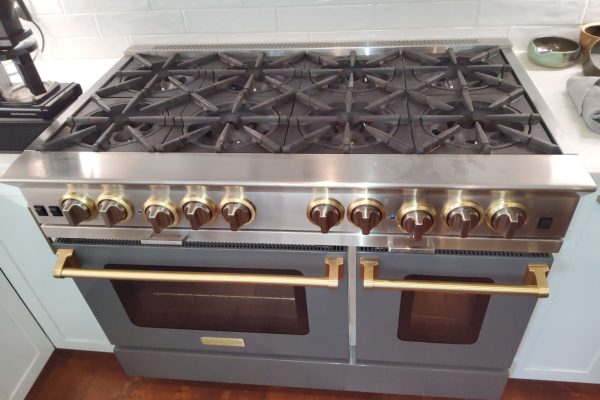A refrigerator that is running makes noises all the time. Sometimes they sound hissing or gurgling. Often from its bowels, you can hear a quiet rumbling or humming. But how to understand which of them indicate normal operation of the device and which do not? Let’s understand everything in order.
This manual is suitable for all manufacturers of home appliances, whether Samsung, Electrolux, Bosch, Lg, or Siemens.
Regardless of the model, the refrigerator will create noise during operation, as it contains moving parts. The motor with the crankshaft is spinning, the connecting rod with the compressor piston is reciprocating, and the valves are knocking when triggered.
The volume increases in models equipped with the No Frost system due to the operation of the fans. Usually, the owners get so used to the sounds made by a normally working refrigeration unit that they do not notice them. But if he starts to remind himself too sonorously, you will have to figure out why the refrigerator is buzzing.
The maximum noise level emitted by the refrigerator is limited by GOST to a value of 55 decibels. Which corresponds to the volume of a normal conversation. Manufacturers of modern units claim that they have reduced this value to 40 dB. When buying, please read the contents of the label on the front. The top line indicates the energy class, then the volume of the chambers, and at the very bottom the noise level in dB.
How noisy is a faulty refrigerator
It is easier to describe a set of sounds that should alert the attentive owner of the refrigerator:
– low-frequency buzz with the transition to vibration;
– the appearance of clanging sounds, and knocks, reminiscent of the strong ticking of a clock;
– a sudden increase in whistling in the circulation system;
– very loud clicks of the starting relay.
The compressor of the refrigerator makes an unusually loud noise when it is overloaded or worn out, which may be associated with a refrigerant leak. With the same malfunction, a characteristic whistle may appear in the capillary system – this rarefied freon moves very quickly through the tubes. This malfunction is accompanied by frequent switching on of the unit – clicks of the starting relay.
Insufficient air supply
For normal operation of the refrigerator, good cooling of the condenser is required, which is provided by the influx of cold air. If the unit is moved close to the wall, and in addition, furniture is stuck on the sides, the amount of incoming air will not be enough for cooling. In such conditions, the load on the compressor increases and it starts to hum loudly.
To eliminate noise, it is enough to increase the distance to the wall to at least 20 cm and move the furniture away from the side walls. If possible, it is desirable to increase the clearance between the bottom of the unit and the floor. Dust accumulated on the cooling grate disrupts the cooling mode, so it should be removed periodically.
Situations in which extraneous sounds appear
Noise when turning on the refrigerator is not considered a serious problem – it is usually caused by the starting current required to start the compressor rotor. But, if an extraneous rattling sound also occurs when turning off, there is a possibility that the refrigerant pipes touch the casing or frame. You can reduce or eliminate the noise by detecting the touch and manually fixing the problem.
The refrigerator can make noise and buzz without ceasing due to compressor wear – the formation of backlash, abrasion of pistons, or piston rings. Not a single model is immune from such a buzz. If the parts are badly worn, engine decompression appears. At the same time, in addition to extraneous sounds, an increase in the operating time of the motor is noted. The problem should be fixed by repairing or replacing the engine.
Other key situations include:
The equipment makes a lot of noise not only at the beginning of work but also when it is turned off – the cause may be weakened compressor shock absorbers. Because of this, the vibration of the motor becomes more noticeable, and the noise is stronger when it stops. Noise should be reduced by adjusting the dampers.
If the noise appeared at the new refrigerator, the reason may turn out to be the most prosaic – the transport bolts have not been removed from the compressor.
The equipment begins to shake and buzz after moving or installing in a new place – it is worth checking its position on the floor. The equipment may need to be adjusted.
Extraneous sounds are heard after closing the door – a lot of food was loaded into the refrigerator, so the motor starts to lower the temperature to the set level. The same reason for the sounds that appear after defrosting any model.
The noise that appeared after loading the freon may be evidence of an excessive charge of refrigerant.
Owners of popular brands may also encounter such a problem as extraneous sounds when filling the ice generator. This happens due to mineral deposits accumulated inside the valve. There is only one thing you can do here – replace the clogged part.
If you still did not manage to recognize the cause of this breakdown by all the points provided above, or if you do not want to waste time guessing, North Country Appliance Repair Service is always happy to help you and provide a professional diagnosis and repair of your refrigerator in a timely manner.
Contact us


